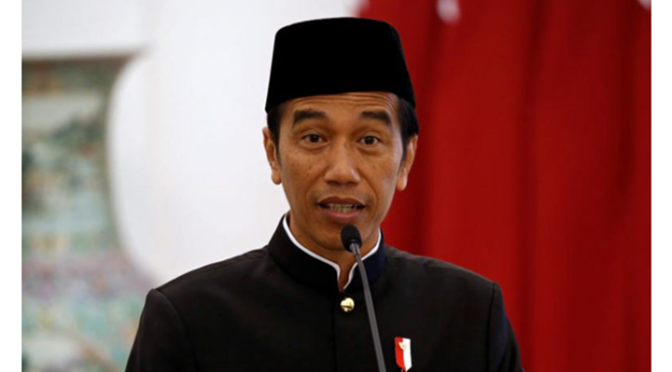The Indonesian Dilemma
Posted on : November 11, 2019Author : AGA Admin

For years, Indonesia has been trying to bring in changes into their constitution which has its roots in the time the Dutch still ruled the country as one of their primary colonies. Till date, many colonies have still not been able to shake off the indirect influence that their former colonial rulers hold over them through the constitution. Constitutions are an integral part of a nation state and perhaps the most important contributor in terms of providing guidance to its state apparatus as well as signifying asymbolof law and order, of hope and peace to its citizens.
The Indonesian government has been particularly active in doing so by trying to reform their criminal code that has sparked protests of outrage among the civilians because of the attack on their civil liberties and rights that the reforms may bring about. The new criminal code as proposed in the draft bill plans to outlaw extramarital sexual relationships and criminalize abortion outside of medical emergencies or rape. While these do severely encroach upon the privacy and individual rights of the citizens, they do not represent the onlymeasure that people have been protesting about. The new code also criminalizes insulting the President and focuses on toughening blasphemy laws.
For the longest time, critics have been talking about the inadequate measures for dealing with corruption in the state machinery but the new code may actually result in weakening the anti-corruption agency in Indonesia. Blasphemy laws are already a very sensitive issue in the country as in 2017, a governor in Jakarta – Basuki Purnama was jailed on the counts of being “blasphemous”. Expanding the scope of blasphemy as stated in the new code is perceived as a step towards more restriction on the citizens and their right to speech.
Indonesia’s President, Joko Widodo was initially seen as a politician representing the people as he came from a humble background unlike the elites who have been ruling the country for a considerable period of time. The people’s protests all over Indonesia can also be attributed to their collective disappointment in him and his inability to make good of his promises.
West Papua, a region in Indonesia, has been facing multiple violent incidents where students have been setting fire to numerous buildings. Troops from the state have been stationed there but the unrest-hit region is still simmering. The government has not displayed the urgency required to stem the forest fire in Sumatra and Borneo which generated a toxic haze all over South East Asia and is an issue of widespread concern at present, specifically after the distressing Amazon fire incident. At a time when conserving trees and planting more of them should be the goal, forest fires are not conducive to battling climate change.
The protests and marches throughout the country have become increasingly violent which has resulted in loss of lives. Hundreds of students have been arrested with one losing his life. The marches may have been the biggest since 1986 when the people successfully brought down the Suharto dictatorship.
Widodo has recently been re-elected as President of Indonesia for the second term and was sworn in on 20th October. All eyes are on him now to see how he tackles the wide ranging issues that are plaguing Indonesia at the moment and if he is able to bring aboutreal progress and efficiency as promised.
The dilemma in reading the current scenario is how to interpret the emerging developments, doesit represent a regression while trying to shed colonial imprints? In other words, how the Indonesian government might just be going deeper back into the past while attempting to overcome their colonial roots by amending the Constitution.
Sukanya Bhattacharya
Intern (AGA)





Leave a Reply